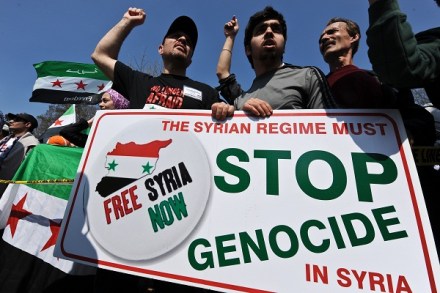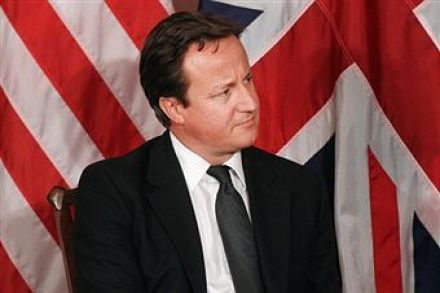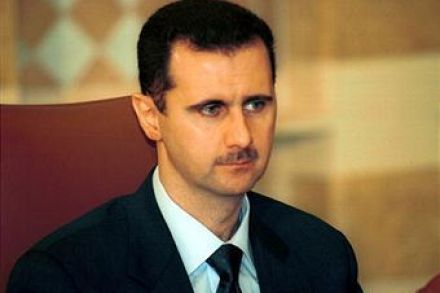A delicate balance in Syria
The situation in Syria is very precarious, according to multiple reports – including those of UN observers. Diplomatic tensions remain as before, with Russia and China unyielding in their intransigence. The question of intervention (in some form) is being considered, and all options are supposed to be on the table. Sir Malcolm Rifkind, chairman of the Commons foreign affairs committee, has said that a blockade of arms should be imposed by policing the eastern Mediterranean and encouraging Iraq and Turkey to secure their borders and airspace. He said: ‘We have to find a way of demonstrating to them that it’s not just speeches that we make but we actually give

















